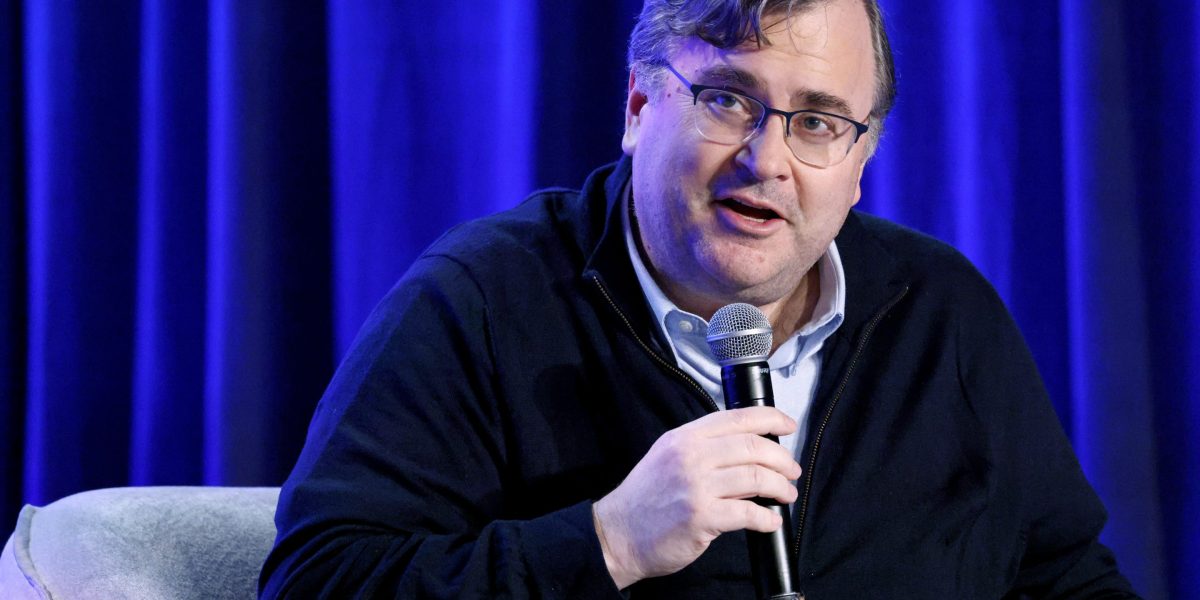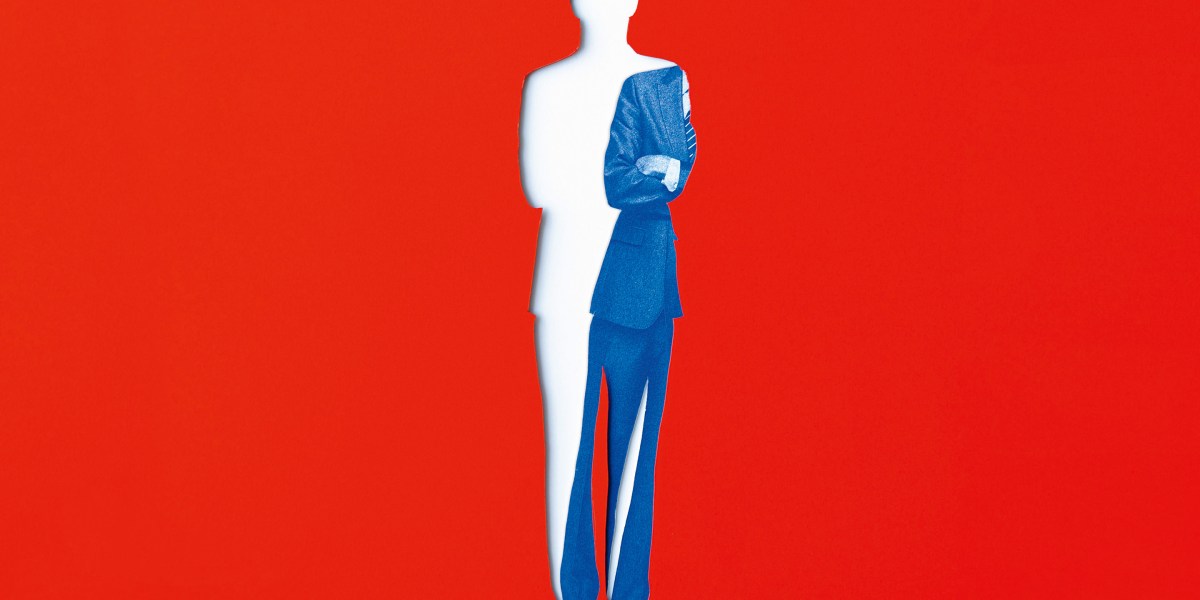Unlock the Editor’s Digest for free
Roula Khalaf, Editor of the FT, selects her favourite stories in this weekly newsletter.
British advertisers have cut their budgets for the first time in four years as the prospect of a trade war hit confidence in the global economy among major consumer brands, according to an industry trade body.
Advertising budgets shrunk in the first quarter of the year, the Institute of Practitioners in Advertising said on Thursday, as UK companies held back on spending due to tariff fears and concerns about weakening consumer confidence.
Close to a quarter of companies included in the IPA’s quarterly data reported a cut in marketing budgets, while only about a fifth said that there would be an increase. That pushed the balance in favour of businesses cutting ad spending for the first time since the first quarter of 2021.
The IPA’s findings are the latest evidence of a pullback among UK companies as they grapple with a steep rise in labour costs unveiled at last year’s Budget and uncertainty triggered by an escalating US trade war.
Marketing budgets are closely tied to business sentiment, with ad spend seen as an indicator of the economic outlook because of the number of businesses that set budgets based on expected sales.
Paul Bainsfair, IPA director-general, said: “In the face of President Trump frequently overturning political and economic norms, it’s understandable that more UK businesses have adopted a cautious, ‘wait and see’ approach to marketing spend this quarter.”
He also pointed to other issues denting business confidence in the quarter, such as increases to employers’ national insurance contributions and a rise in the minimum wage, which had led to “increased investment in short-term sales promotions and cuts to main media budgets”.
The IPA said the difference between businesses cutting and raising budgets was 4.8 per cent in favour of those reducing spending — a reversal from the previous quarter when 1.9 per cent more companies were growing their budgets than culling them.
“The opening quarter of 2025 heralded a significant decline in financial prospects, both at the company and industry-wide level,” the report said, adding that close to a third of respondents felt less optimistic about their own performance in the first quarter compared with the previous three months. Company confidence fell to its lowest level since the last quarter of 2022.
Samantha Smith, managing director of April Six (Mobility), a global marketing agency, and IPA city head for Bristol, South West and Wales, said: “Where to start? I’m not sure anyone knows what the future holds, and if they claim to, it’s likely to change tomorrow anyway. My worry is that there’s a large number of CFOs’ fingers hovering over the budget cut button, waiting to see how the world settles.”
The IPA found that many marketing executives still expect advertising budgets to grow over the year despite a cut in the first quarter. Over a third of respondents expected an increase in their total marketing budgets, roughly double the proportion forecasting a decrease.
In the first quarter, direct marketing activities to consumers attracted the highest increase in spending, followed by events and sales promotions. Media marketing budgets across out-of-home, audio and video all shrank.
S&P Global Market Intelligence, which produced the report for the IPA, cut its forecast for UK economic growth to 0.6 per cent, from 1 per cent, partly in response to new US levies on British imports.
However, it made no changes to its ad spend forecasts for 2025 and 2026 of increases of 1.3 per cent and 1.8 per cent respectively.




